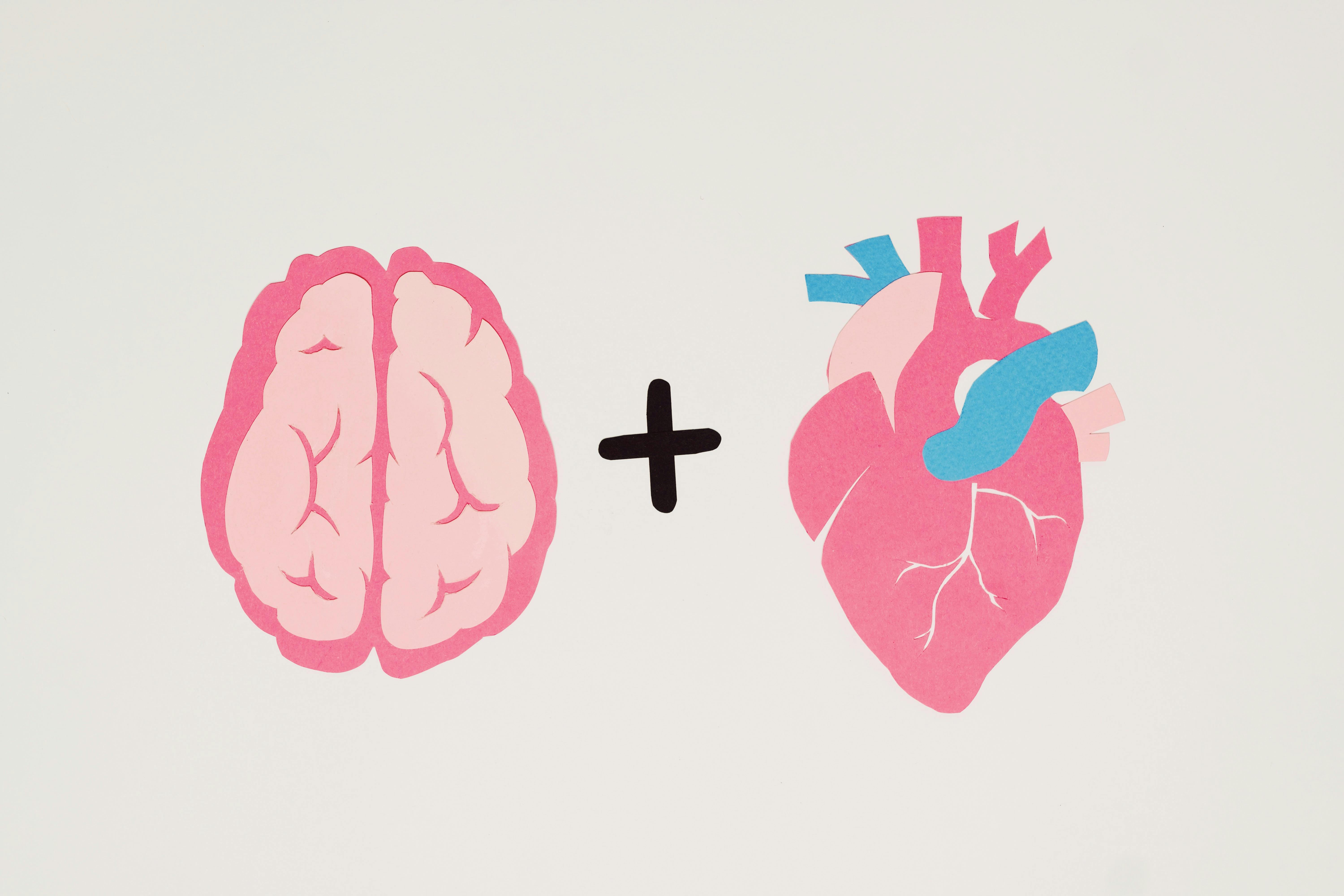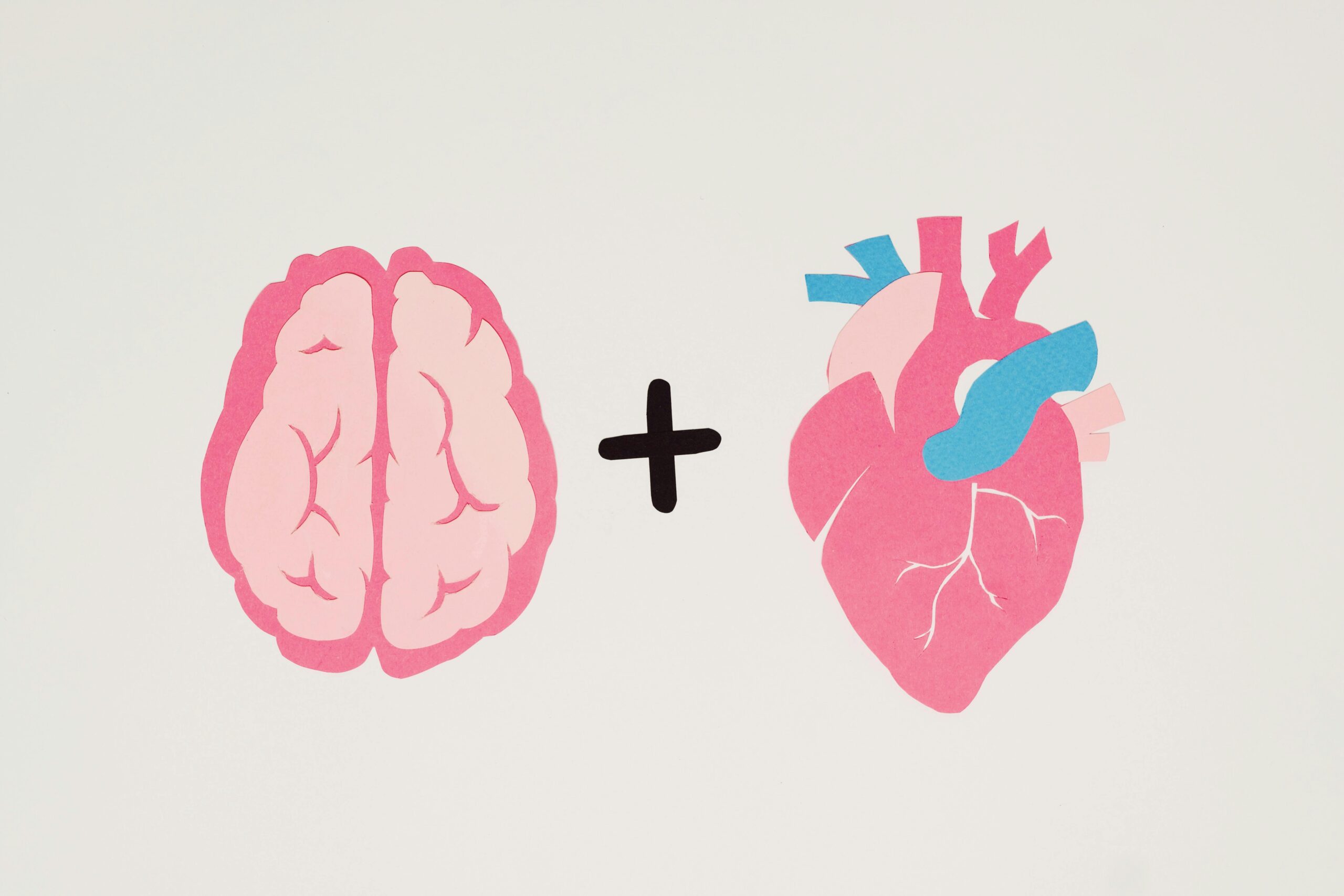Women’s Health Tips for Heart, Mind, and Body Balance
Women’s health is far more than just avoiding illness—it’s about thriving mentally, physically, and emotionally. In today’s high-paced world, prioritizing a holistic approach to health is essential. This article explores critical women’s health tips for heart, mind, and body, offering actionable guidance to help women lead stronger, healthier lives across all dimensions.

Understanding the Fundamentals
Holistic women’s health refers to maintaining optimal wellness across heart, mind, and body. It’s not just about managing symptoms—it’s about creating sustainable habits that support total well-being. Understanding this triad is foundational to any lifestyle change that lasts.
Historically, women’s health focused on reproductive care, but today, it encompasses cardiovascular health, mental resilience, and physical fitness. These areas influence each other deeply, and nurturing all three is key to true vitality.
1.1 Cardiovascular Wellness
The heart is more than a pump—it’s the powerhouse of a woman’s vitality. According to the CDC, heart disease remains the number one killer of women in the U.S., surpassing all cancers combined. Yet, it’s largely preventable through consistent care and attention.
Real-world practices like daily walks, a Mediterranean diet, and stress reduction significantly cut heart disease risk. One common myth is that heart attacks only happen to older men, but women experience subtler symptoms, making awareness critical.
1.2 Mental and Emotional Fitness
Unlike physical fitness, mental wellness is often overlooked until it’s compromised. Emotional well-being is about regulating stress, enhancing self-worth, and staying mentally active. What makes this area unique is its invisible but profound impact on the entire body.
From journaling to mindfulness meditation, small practices pay big dividends. For instance, studies show that women who meditate regularly report 30% fewer symptoms of anxiety and depression.
Practical Implementation Guide
Once the foundations are clear, it’s time to integrate women’s health tips for heart, mind, and body into your daily routine. Results may vary, but consistent practice yields measurable improvements in mood, energy, and longevity.

2.1 Actionable Steps
- Establish a Morning Routine: Start the day with 10 minutes of stretching, hydration, and quiet reflection to prime your mind and body.
- Daily Movement: Aim for at least 30 minutes of heart-elevating activity such as brisk walking, cycling, or dance-based workouts.
- Balanced Nutrition: Build meals around whole foods, lean proteins, colorful vegetables, and healthy fats. Use Sundays for meal prepping and grocery planning.
2.2 Overcoming Challenges
Common obstacles include lack of time, motivation dips, or information overload. To combat this, create a simplified weekly checklist and celebrate small wins. Warning signs to watch for include chronic fatigue, frequent mood swings, and erratic sleep patterns.
Experts recommend using wearable fitness trackers and mood journaling apps for accountability. If overwhelmed, start with just one change—consistency beats intensity.
Advanced Applications
For those ready to elevate their wellness journey, advanced women’s health tips for heart, mind, and body focus on bio-optimization, personalized nutrition, and recovery science. These strategies can help break plateaus and unlock new levels of performance.

3.1 Intermittent Fasting & Circadian Rhythms
Intermittent fasting (IF) aligns eating with natural body rhythms, enhancing cellular repair and heart function. One study from Harvard found that IF can lower cholesterol and improve insulin sensitivity in women by up to 20% in just 12 weeks.
Using apps to track fasting windows and adjusting meal timing to daylight hours can significantly improve both energy and focus.
3.2 Integrative Therapies & Biometrics
Combining traditional care with acupuncture, adaptogenic herbs, and biometric tracking offers a comprehensive way to monitor progress. Integration with apps like Oura Ring or WHOOP helps gauge sleep quality and heart rate variability.
Compatibility varies, so consult a specialist before starting advanced methods. They are most effective once basic health routines are solidified.
Future Outlook
Health technology is rapidly evolving. In the next 3-5 years, we expect AI-powered diagnostics, hormone monitoring wearables, and personalized supplement regimens to become mainstream in women’s health management.
To prepare, stay informed through credible health journals and forums. Embracing a growth mindset and being open to emerging tools can ensure you’re ahead of the wellness curve.
Conclusion
In summary, women’s health tips for heart, mind, and body are not just guidelines—they are essential tools for lifelong vitality. Key takeaways include: focus on holistic wellness, build consistent habits, and explore personalized strategies.
Now is the perfect time to audit your current routine and begin small, actionable changes. Whether it’s walking more, meditating, or eating cleaner, your future self will thank you.
Frequently Asked Questions
- Q: What are the basics of women’s health? Begin with cardiovascular health, emotional balance, and physical activity. Build routines that support all three daily.
- Q: How can I start improving my health today? Start with a 10-minute morning stretch, hydrate well, and plan a balanced meal. Simplicity drives sustainability.
- Q: How long does it take to see results? Most women notice energy and mood changes in 2-4 weeks, with cardiovascular improvements around 3 months.
- Q: Is maintaining health expensive? Not necessarily. Walking, home workouts, and affordable whole foods offer excellent returns on health without high costs.
- Q: How do these tips compare to gym routines? Unlike gym-only routines, this approach addresses the heart, mind, and body. It’s more sustainable and comprehensive.
- Q: Are these techniques hard to follow? Most tips are beginner-friendly and scalable. Starting small with consistency is more important than perfection.
- Q: Can these strategies help in the workplace? Yes. Improved focus, energy, and mood translate to better productivity and stress management on the job.
